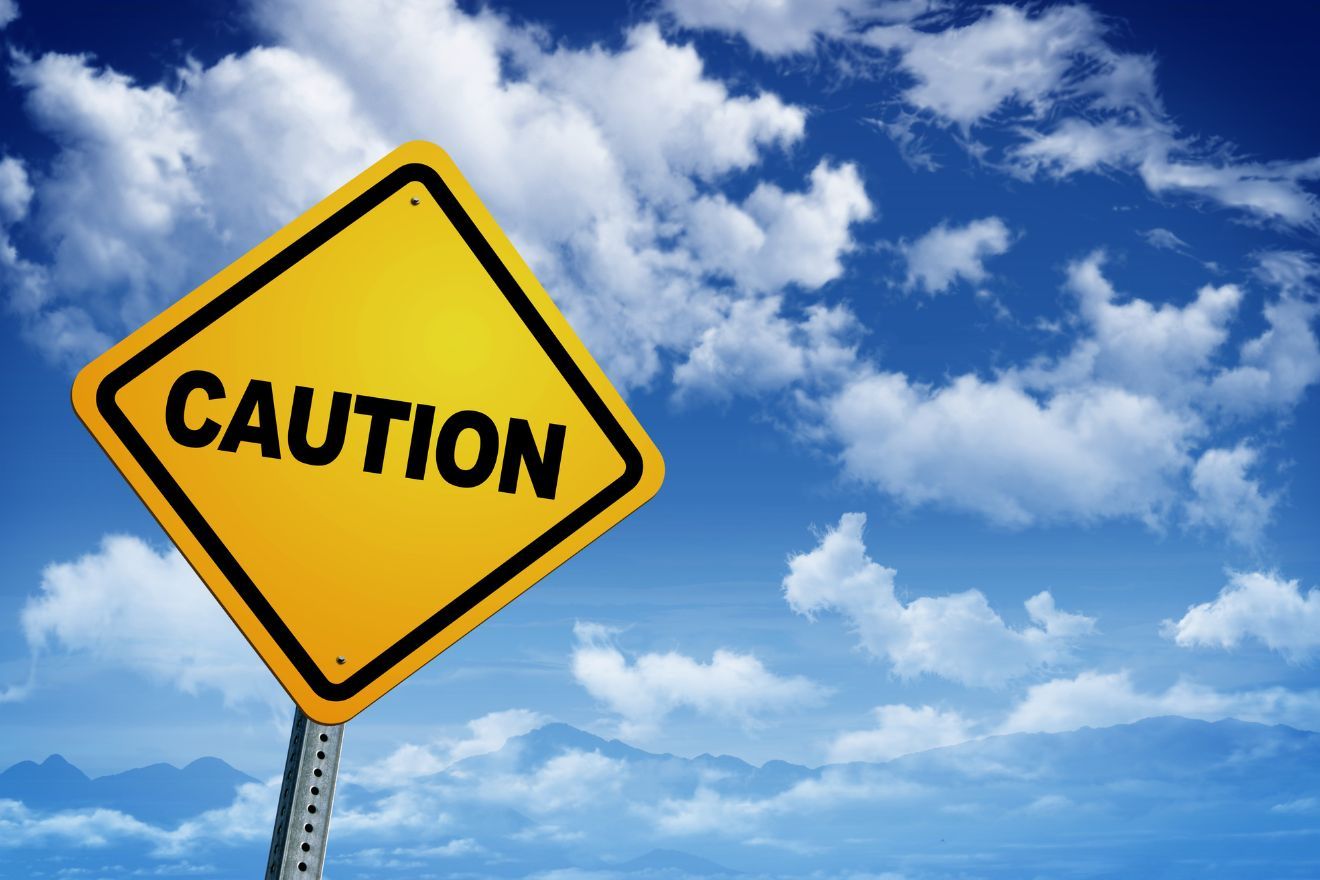Psychedelics are finding their way into mainstream conversation. They have been the subject of recent research into treatments for mental health conditions, praised for their possible benefits, and the focus of calls to decriminalize certain drugs. However, despite their benefits, psychedelics may not be the right choice for everyone.
Follow your Curiosity
Sign up to receive our free psychedelic courses, 45 page eBook, and special offers delivered to your inbox.Psychedelics are chemical or natural compounds that alter perception, cognition, and mood. Many of them can result in a “mind-manifesting” experience if taken in high enough doses. Modern research has found that in addition to inducing a “mystical experience,” psychedelics may also be able to positively affect mental health. Advances in psychedelic therapy illustrate how these substances can be beneficial for those with anxiety, depression, PTSD, and addiction.
It’s important to note that in the studies mentioned, a team of trusted professionals administer the psychedelics. Therapeutic use should only occur under the guidance of someone knowledgeable who can monitor and support you through the experience. While toxicity is known to be low, psychedelics can produce adverse side effects, mostly psychological in nature. Additionally, similar to other drugs, there are some risks, particularly for those with certain pre-existing health conditions or who are taking medications that interact with the psychedelic substance. However, the risks are significantly reduced when the substances are given in a controlled setting to participants who have been screened and well prepared for the experience, such as in the case of psychedelic-assisted therapy clinical trials.
As psychedelics are beginning to get legalized in therapeutic settings, it is important to understand who should exercise caution when considering psychedelics and who is most at risk for harmful side effects.
Who Should Use Caution?
Not everyone is a good candidate for psychedelics. In fact, for some individuals and circumstances, psychedelics may be ill-advised. In many cases, the risk factors are dependent on the psychedelic substance. For example, MDMA is contraindicated for those with cardiovascular disease because it can increase heart rate and blood pressure. Learning more about the possible outcomes and when it may be harmful to take psychedelics can help you make a more informed choice.
Individuals with Certain Pre-existing Mental Health Conditions
Research shows that psychedelics can have positive effects on on some mental health conditions. However, not all conditions may benefit from psychedelic-assisted therapy. Psychosis, when reality is perceived differently, is sometimes a side effect of psychedelic use. Those who have had psychosis previously, are prone to manic episodes due to mental health conditions like schizophrenia, or Bipolar I Disorder, or have first-degree relatives with these psychiatric conditions should exercise caution when deciding whether or not to use psychedelics.
Individuals on Certain Medications or Drugs
Depending on the psychedelic substance, certain medications can interact with the psychedelic to increase the risk for negative side effects. These are referred to as drug-drug interactions, which can be serious and life-threatening. Certain types of medications can reduced the desired effects (for example, SSRIs blunt the effects of psilocybin and MDMA), or can alter the metabolism of either the medication or psychedelic. Consult a doctor if you are taking medications before ingesting a psychedelic.
Those Who Use Psychedelics Recreationally
Recreational users of psychedelics can be at risk of long-term adverse effects from the drugs. Compared to taking a psychedelic in a clinic, those who use psychedelics recreationally may be at a greater risk of hallucinogen-persisting perception disorder (HPPD), but researchers aren’t yet sure what brain changes lead to the disorder or why they occur. Some studies have found that HPDD may be more strongly associated with LSD use, but again, no concrete cause has been found.
Referred to as the “endless trip,” HPPD describes a condition where the hallucinatory effects of a psychedelic persist after the acute drug effects wear off. HPPD symptoms can show up days, weeks, or months after dosing and can last over a long period. In some, HPPD may become permanent, resulting in altered perception and cognition that can impair daily life. It is not understood if some individuals are predisposed to develop HPDD or why it develops in a small percentage of people who take psychedelic substances.
Immunocompromised Individuals
Psychedelics can cause physiological side effects, such as increased blood pressure, nausea, and vomiting. Those with pre-existing conditions (for example, cardiovascular disease) or immunocompromised may find these side effects especially concerning, and even potentially life-threatening.
Pregnant or Breastfeeding Individuals
If you are pregnant or breastfeeding, psychedelics should be avoided. Due to a lack of research on how psychedelic substances affect the mother and unborn fetus, experts cannot explicitly state whether or not they are safe for pregnant individuals at any dose. Generally, the average pregnancy has around a 3% risk of congenital disabilities. Because it is unknown if psychoactive compounds can increase this risk, most medical professionals advise pregnant women to abstain. However, it is essential to note that some psychedelics, like psilocybin, are being studied for their mental health benefits for the mother after pregnancy in treating postpartum depression. Ketamine, prescribed off-label, is also used in mothers with depression and anxiety after birth.
System-Impacted Individuals
Nearly all psychedelics are classified as Schedule I controlled substances, making them illegal to possess or use. Recent pushes to decriminalize and legalize these substances have made some headway, but for most individuals, having and/or using psychedelics could lead to criminal penalties. System-impacted individuals who have previously had interactions with the law may not want to risk buying or utilizing psychedelics. However, you should be aware of the laws and regulations of your specific jurisdiction before you partake.
Individuals Experiencing Substance Abuse
Some studies have found that psychedelics may assist with addiction recovery. Nevertheless, experts perform therapeutic use of psychedelics under controlled conditions with best practices to minimize risks. Furthermore, certain psychedelics, like MDMA and ketamine, are more prone to misuse and toxicity after chronic use. Therefore, exercise caution when considering psychedelic use if you have substance use disorder and be sure to enlist support from a therapist or community group.
Why Would Someone Take Psychedelics?
The reasons why someone would want to take psychedelics can vary. However, there are generally two categories. First, individuals may seek out the substance for the altered sense of reality it produces. People who take psychedelics at home may do so for relief from everyday stressors, want a spiritual experience, or be interested in promoting creativity for art, problem solving, or life design.
Given the legality of psychedelic substances, some people seek out clinical trials for psychedelic-assisted psychotherapy. They may want to try psychedelics therapeutically to manage chronic pain or mental health conditions. With several promising clinical trials and Breakthrough Therapy Designations for MDMA and psilocybin, psychedelics may be of particular interest to those who have treatment-resistant mental health disorders.
In therapy contexts, trained professionals administer the psychedelic medicine. A two-person co-therapy team will administer the psychedelic in a well-controlled clinical setting. Throughout the experience and after, medical staff and therapists will monitor the person for side effects and help support the psychological manifestations that arise. For the best chance at long-term positive benefits, psychotherapy sessions are required before and after medication sessions to help the individual prepare for their experience and then integrate afterward. Several psychedelics are under investigation for a variety of conditions. If you are curious about psychedelics therapeutically, you may want to consider using our map and article to research how you can be involved in a psychedelic clinical trial.
Takeaway
Regardless of why you may want to try psychedelics, it is important to research and consider the risks beforehand. If you take psychedelics in non-medical contexts, you may have an increased risk of potential adverse side effects or a difficult experience since the setting is less controlled. Until FDA approval or state regulatory changes, taking psychedelics in non-medical settings in areas where they are illegal might also lead to prosecution and arrest.
Participating in a clinical trial or a supervised administration is a safer option for experiencing psychedelics. However, it is necessary to think about your motivations for doing so before signing up and discuss your potential physical and psychological risks with a health professional. There are also many non-psychedelic alternatives to experience an altered state of consciousness, like Holotrophic Breathwork or cannabis.







